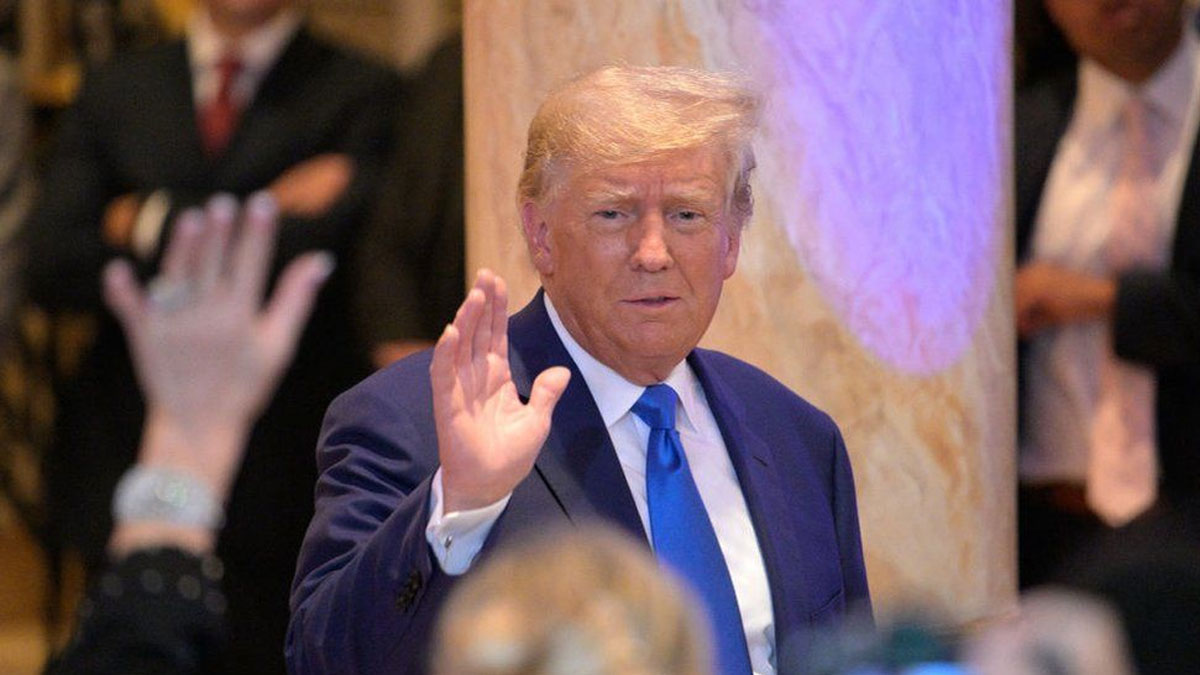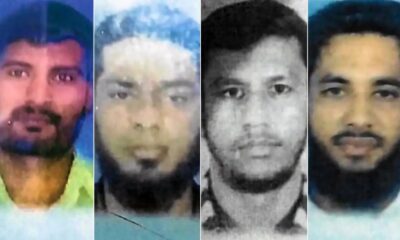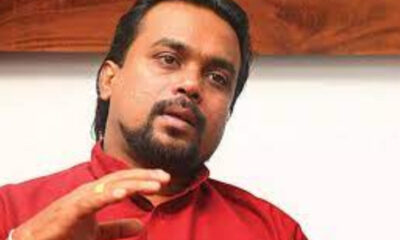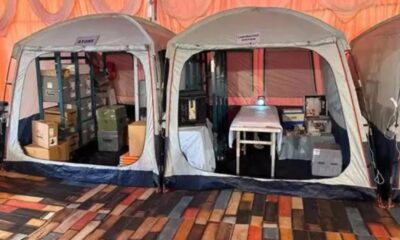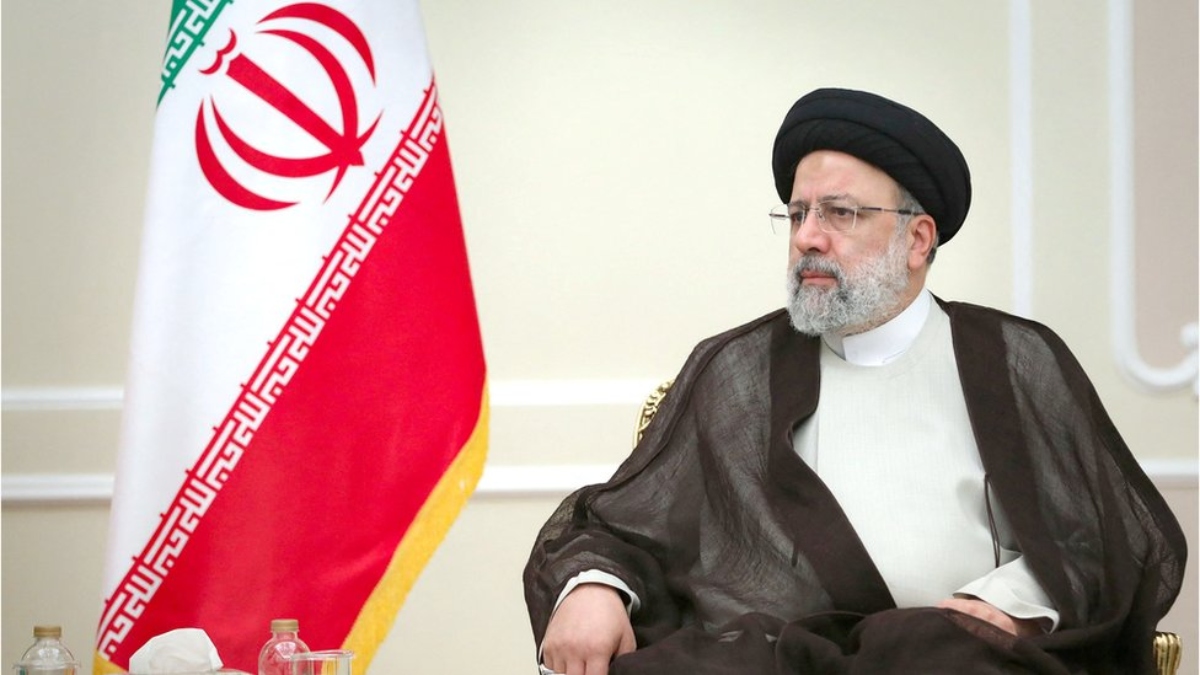Iranian President Ebrahim Raisi and his foreign minister were killed in a helicopter crash in mountainous terrain and icy weather, an Iranian official said on Monday, after search teams located the wreckage in East Azerbaijan province.
“President Raisi, the foreign minister and all the passengers in the helicopter were killed in the crash,” the senior Iranian official told Reuters, asking not to be named because of the sensitivity of the matter.
Iran’s Mehr news agency confirmed the deaths, reporting that “all passengers of the helicopter carrying the Iranian president and foreign minister were martyred”.
An Iranian official earlier told Reuters the helicopter carrying Raisi and Foreign Minister Hossein Amirabdollahian was completely burned in the crash on Sunday.
State TV reported that images from the site showed the aircraft slammed into a mountain peak, although there was no official word on the cause of the crash.
State news agency IRNA said Raisi was flying in a U.S.-made Bell 212 helicopter.
Raisi, 63, was elected president in 2021, and since taking office has ordered a tightening of morality laws, overseen a bloody crackdown on anti-government protests and pushed hard in nuclear talks with world powers.
Iranian Supreme Leader Ayatollah Ali Khamenei, who holds ultimate power with a final say on foreign policy and Iran’s nuclear programme, had earlier sought to reassure Iranians, saying there would be no disruption to state affairs.
Rescue teams fought blizzards and difficult terrain through the night to reach the wreckage in the early hours of Monday.
“With the discovery of the crash site, no signs of life have been detected among the helicopter’s passengers,” the head of Iran’s Red Crescent, Pirhossein Kolivand, told state TV.
Earlier, the national broadcaster had stopped all regular programming to show prayers being held for Raisi across the country.
In the early hours of Monday, it showed a rescue team, wearing bright jackets and head torches, huddled around a GPS device as they searched a pitch-black mountainside on foot in a blizzard.
Several countries expressed concern and offered assistance in any rescue.
The White House said U.S. President Joe Biden had been briefed on reports about the crash. China said it was deeply concerned. The European Union offered emergency satellite mapping technology.
The crash comes at a time of growing dissent within Iran over an array of political, social and economic crises. Iran’s clerical rulers face international pressure over Tehran’s disputed nuclear programme and its deepening military ties with Russia during the war in Ukraine.
Since Iran’s ally Hamas attacked Israel on Oct. 7, provoking Israel’s assault on Gaza, conflagrations involving Iran-aligned groups have erupted throughout the Middle East.
In Iran’s dual political system, split between the clerical establishment and the government, it is Raisi’s 85-year-old mentor Khamenei, supreme leader since 1989, who holds decision-making power on all major policies.
For years many have seen Raisi as a strong contender to succeed Khamenei, who has endorsed Raisi’s main policies.
Raisi’s victory in a closely managed election in 2021 brought all branches of power under the control of hardliners, after eight years when the presidency had been held by pragmatist Hassan Rouhani and a nuclear deal negotiated with powers including Washington.
However, Raisi’s standing may have been dented by widespread protests against clerical rule and a failure to turn around Iran’s economy, hamstrung by Western sanctions.
Raisi had been at the Azerbaijani border on Sunday to inaugurate the Qiz-Qalasi Dam, a joint project. Azerbaijan’s President Ilham Aliyev, who said he had bid a “friendly farewell” to Raisi earlier in the day, offered assistance in the rescue.
Coming soon: Get the latest news and expert analysis about the state of the global economy with Reuters Econ World. Sign up here.
(Reuters)

 News3 days ago
News3 days ago
 BIZ4 days ago
BIZ4 days ago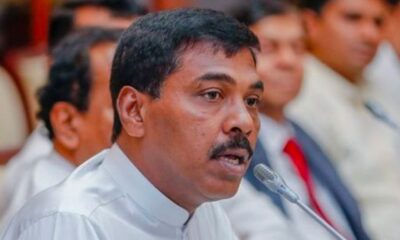
 News4 days ago
News4 days ago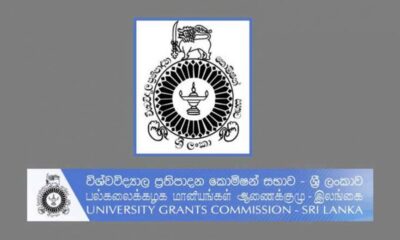
 News3 days ago
News3 days ago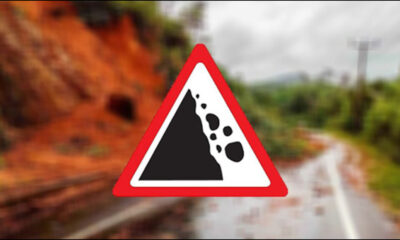
 News4 days ago
News4 days ago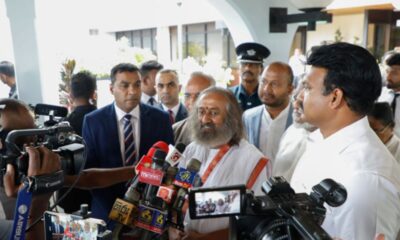
 News2 days ago
News2 days ago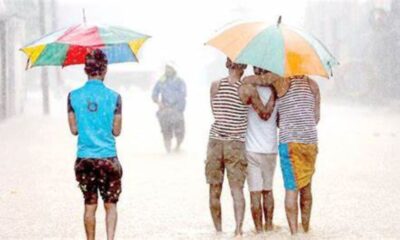
 News4 days ago
News4 days ago
 News2 days ago
News2 days ago

